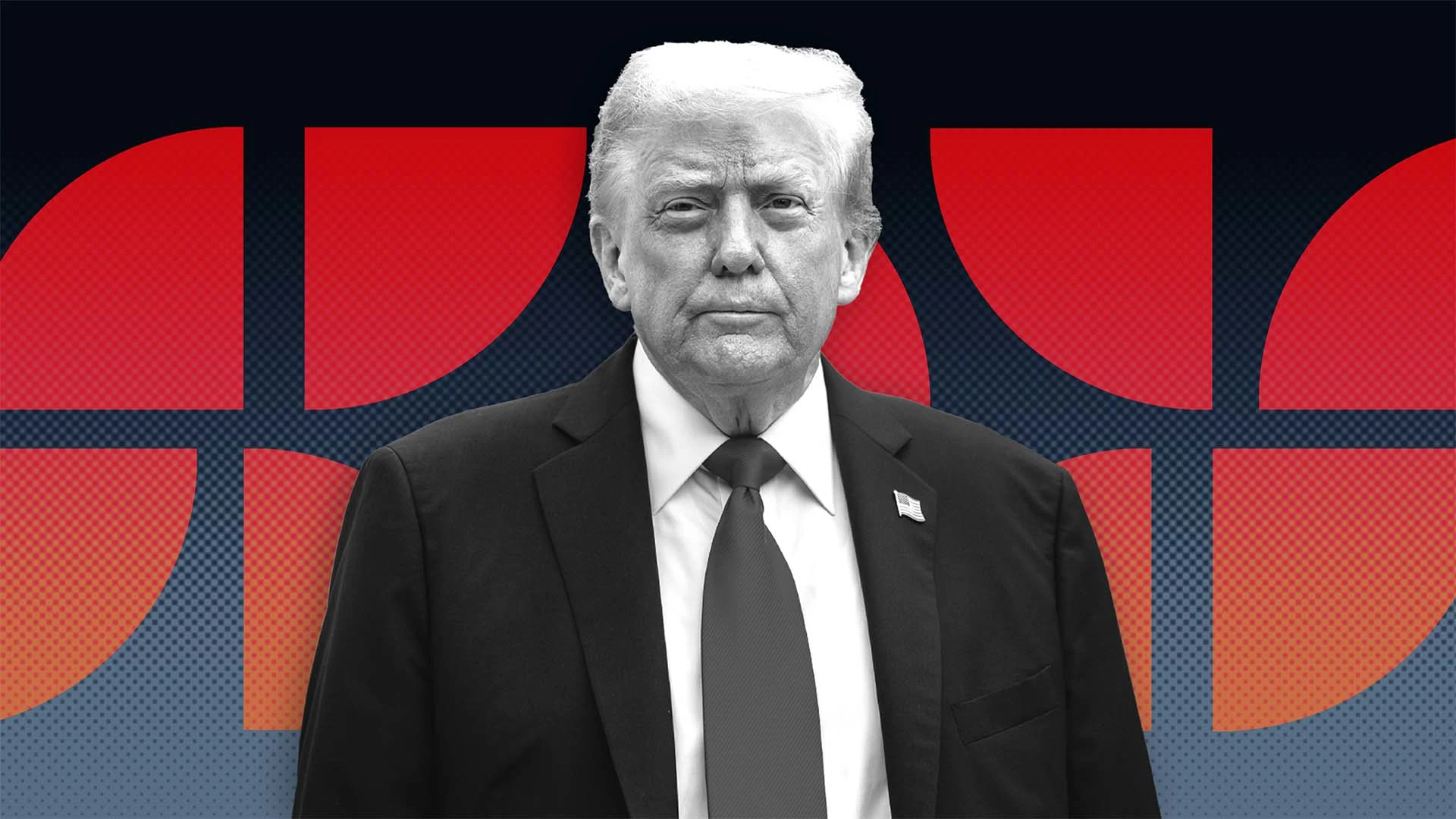Why Wall Street’s Top Regulator Is Prioritizing Trump’s Push to Stop Quarterly Earnings Reports

President Trump’s recent push to ax quarterly earnings reports falls in line with his general sentiment toward data: less, in his view, is more. But this time around, Trump’s proposal—something the president has teased previously—might actually have a fighting chance.
“At President Trump’s request, Chairman Paul Atkins and the SEC are prioritizing this proposal to further eliminate unnecessary regulatory burdens on companies,” an SEC spokesperson told Inc. earlier this week.
Proponents of the measure argue that it would cut into what’s known as “short-termism,” or a company’s focus on quarterly performance to help preserve profits, rather than an emphasis on a long-term view.
“There’s also some evidence that quarterly reporting might lead some companies to shift income from one quarter to another to smooth their earnings, which is something the markets like,” says Jonathan Doh, chair and professor of international business at Villanova School of Business.
Featured Video
An Inc.com Featured Presentation
While the proposal itself is not new, it has the potential to benefit Trump and his family members. The president’s publicly traded Trump Media and Technology Group acquired $2 billion worth of Bitcoin in July, and twice-yearly reporting could be advantageous to the company.
Senator Elizabeth Warren (D-Mass.) told Yahoo Finance that the proposal is one that “undermines transparency,” while also nodding to Trump’s interest in muzzling data across other areas of the government, most recently with the Bureau of Labor Statistics, after the president fired the agency’s commissioner following a bleak jobs report in July.
At the same time, it’s something the business community is almost certainly cheering for.
“I think [the president] stands to benefit in the same way that many Americans stand to benefit if you have a system where companies are focused less on short-term compliance and reporting,” says Gerard Filitti, senior counsel at the Lawfare Project, a New York-based nonprofit legal think tank focused on civil rights issues.
But Filitti nods to the timing here as well, acknowledging how this might also be a “matter of him wanting to accomplish more this term than perhaps other presidents do.”
Indeed, the most likely avenue for Trump’s proposal would be the standard rulemaking procedure undertaken by a federal agency, in this case, the SEC.
“The most viable way to do this quickly—[and] it wouldn’t be overnight, but it would be a matter of months, not years, for it to take effect—is through the normal regulatory agency rulemaking process,” says Filitti. That timeline could see the rule change by the end of the president’s first year in office.
Even though this is something that public companies might welcome, Wall Street heavily relies on data during earnings season to guide investment decisions. Not to mention, earnings reports give investors critical context for the impact of broader economic trends, such as inflation and tariffs.
“I would be surprised if there was a groundswell of support for it,” says Doh. “Having less reporting will feed the appetite for more informal reporting or for other sources of information, which may not always be as accurate as certified reports by a company.”



